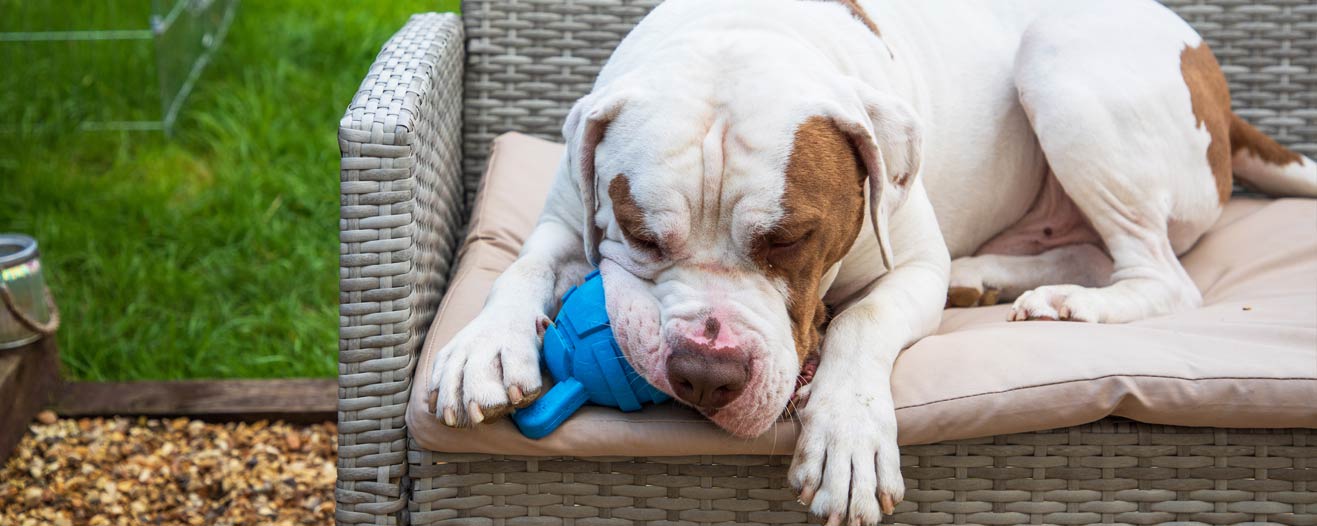- Find a Pet
- Advice and Welfare
- Ways to Give
- Get Involved
- What We Do
- Search
- My RSPCA
- Report a concern
- Gift in Wills
-
Colour modeVivid Calm
- Home
- Advice and welfare
- Pets
- Dogs
- Health and welfare
Dog health and welfare
Did you know that dogs have similar pain thresholds to humans? Here are our top tips for keeping your dog healthy and safe from harm.

Helping your dog stay healthy
Here are a few things to keep in mind on a day-to-day basis:
- Daily health checks: dogs are vulnerable to a range of infectious diseases and other illnesses. Check your dog for signs of injury or illness every day.
- Check your dog's teeth regularly: look out for plaque or infection and visit your vet if you're worried. You can buy special dog toothbrushes and paste to help keep their teeth and gums healthy.
- Behaviour monitoring: dogs show pain and suffering in different ways. Changes in the way they behave could be an early sign of illness or pain. If you suspect that your dog is suffering, consult a vet immediately.
- Grooming: ensure your dog's coat is kept in good condition with regular grooming.
- Never use human medicine: only use medicines that have been prescribed for your dog, and never use human medicines.
- Keep harmful substances out of reach: certain everyday items that can be found in most homes are poisonous to dogs, so keep these well out of reach.
- Special care for older dogs: as they get older, your dog may need more rest, a specialist diet and a cosy bed kept away from visitors and draughts to keep them comfortable and healthy.
Vaccinations and parasite treatments
Take your dog to the vet for yearly health checks, and ask your vet for advice about vaccinations and parasite treatments (e.g. fleas and worms). Many vets provide health care packages that work alongside your pet insurance to help manage the costs of check-ups and preventative treatments. Ask your vet if they offer a health care scheme.
Neutering
You should get your dog neutered unless you intend to breed them and can care for both parents and offspring. If you do plan to breed them, check with your vet that their health and disposition make them suitable for breeding.
Microchipping
Make sure your dog can be identified both on their collar and by microchip (both are now required by law) so that they can be returned to you quickly if they get lost.
Find out more about common disorders that affect our dogs.
Stay in touch
Sign up to receive our emails today. Get more pet care advice, hints and tips on helping wildlife, our latest news, rehoming success stories and more directly to your inbox.



